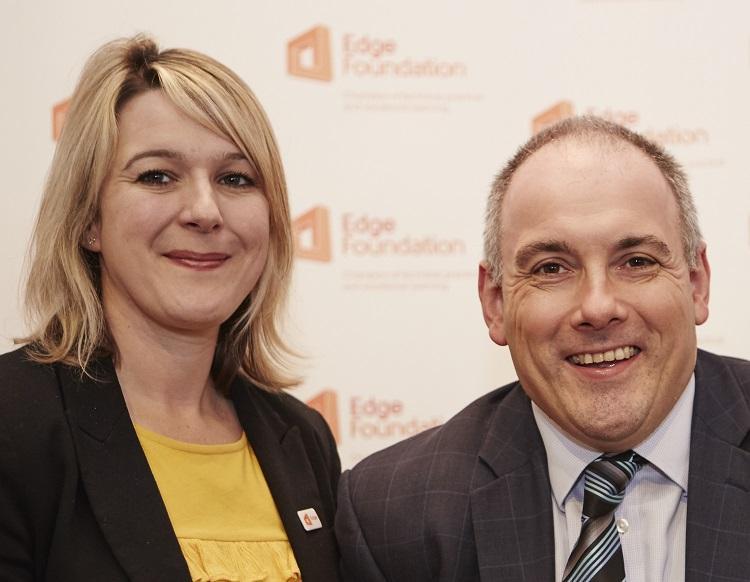Not making the grade – why we should scrap GCSEs

Former skills minster and current chair of the Education Select Committee, Rob Halfon MP, has called for GCSEs to be scrapped. The exams regulator Ofqual reports that the number of people who understand GCSEs well has fallen since last year from 70 per cent last to just 62 per cent.
Alarmingly, over a third of employers are not aware that 9 is now the top GCSE grade, 23 per cent think 1 is the best grade and another 13 per cent haven’t a clue! Even more alarming is that six per cent of teachers think 1 is the highest GCSE grade!
Given that employers consistently say that exam grades are not at the top of their list of recruitment criteria, surely it’s time we should rethink how we measure the skills, knowledge and aptitudes of young people?
Rethinking Assessment
GCSEs are very good for measuring if students are good at passing exams, but not necessarily an indication of employability skills or even academic prowess. A GCSE in maths does not necessarily make you numerate.
Teachers often talk resentfully about ‘teaching to the test’ and the curriculum time taken up with drilling students in exam questions, which could be spent on acquiring a richer and deeper subject knowledge and understanding.
That manner of inquiry also helps to develop the research skills, resilience and creativity which employers value, but also better equips young people to succeed in further and higher education.
Andreas Schleicher, the head of education at the Organisation for Economic Cooperation and Development (OECD), said recently at a summit in New York that rote-learning could damage students’ prospects as they enter the workplace.
‘For easy tasks, memorisation is quite helpful – drill, rote learning and so on works quite well for basic things. But as tasks get more complex, actually memorisation is not just neutral, it’s actually hindering effective learning. The kind of things that are easy to teach, easy to test, are precisely the kind of things that are also easy to digitise.’
While acknowledging that twenty years ago he had applauded England’s curriculum with its emphasis on setting solid foundations in English and maths, Schleicher now maintains it is ‘those other kinds of qualities that are the big differentiator.’
Once seen as the apotheosis of rote learning and drilling, Chinese pedagogy has developed a more skills-based approach in response to the changing demands of the increasingly digitised 21st century. In contrast to England, Schleicher says China is, ‘putting a greater premium on creative skills and the ability of students to connect up knowledge.’
Project Based Learning
Despite evidence to the contrary, many of the preconceptions about project based learning persist. It is often perceived to be less academically rigorous and fails to deliver the all-important exam grades which are sadly the marker of quality for our schools.
To those nay-sayers I would say visit XP School in Doncaster where students engage in two inquiry-led projects at any one time – in humanities and STEAM, as well as learning Spanish.
These ‘expeditions’ can see them working on projects with local employers or learning trigonometry through forensic science, but always at the end they produce a beautiful piece of work. Creativity runs right through their learning.
Amidst a culture of collaboration and mutual respect, XP School not only helps its students to become confident, curious and with an impressive work ethic, it also has an Outstanding rating across the board from Ofsted.
As Edge pointed out in its report A New Baccalaureate, the current EBacc is almost identical to the English curriculum of 1904. It not only narrows choice for many students, but by placing a premium on the grades they achieve aged 16, many young people are set up to fail and their imagination, desire to learn and ambition to achieve, is crushed in the process.
Surely we need a unified and coherent curriculum which reflects our world as it is now, and equips young people with the skills to negotiate it and succeed? Unless we move towards creating a broad and balanced curriculum which values skills and experience alongside core academic work, we are in danger of preparing young people for careers which will be digitised out of existence in the next decade.
We would do well to learn from other countries who clearly recognise the demands on learning in the 21st century, not waste our time figuring out whether it’s scoring a 1 or a 9 defines your success.
Alice Barnard, Chief Executive of Edge











Responses